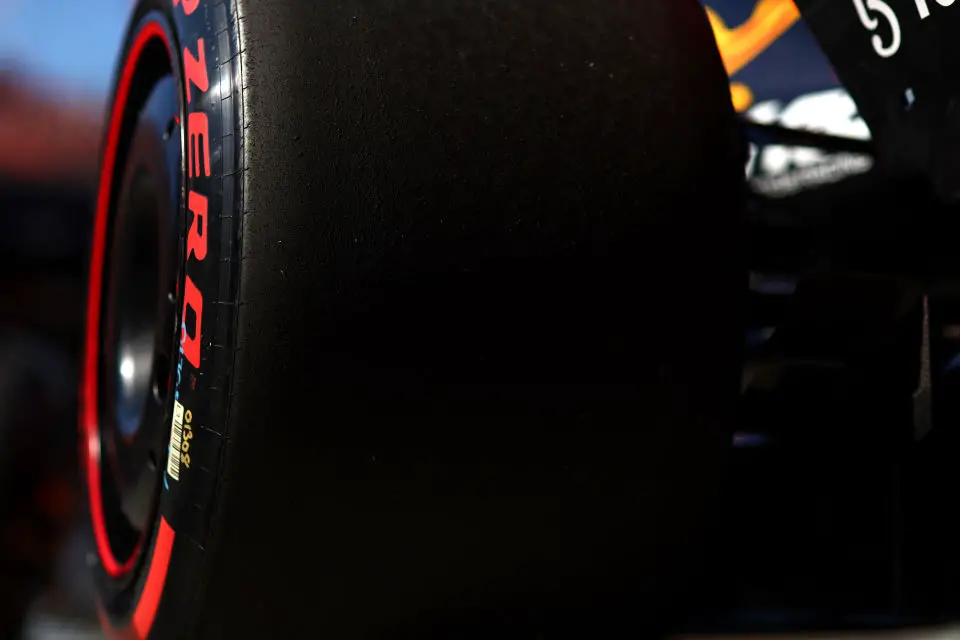Exploring New Dynamics in F1: Coulthard Advocates for Multiple Tire Brands to Challenge Red Bull’s Dominance
Former F1 driver David Coulthard has suggested that introducing more tire manufacturers could disrupt Red Bull’s winning streak in Formula One. His views, discussed on the Formula For Success podcast, reflect on the potential benefits and challenges of a multi-tire brand environment in F1 racing.
Key Takeaways:
- Diverse Tire Manufacturers: Coulthard believes that bringing in more tire brands could create a naturally competitive environment in Formula One, potentially offering teams a variety of tire choices and disrupting current race dynamics.
- Pirelli’s Monopoly: Despite Pirelli’s excellence as the exclusive tire supplier since 2011, with their contract extending till at least 2027, Coulthard’s stance highlights the potential improvements a competitive tire market could bring to the sport.
- Contrasting Opinions: While Coulthard sees the benefits of tire competition, co-host Eddie Jordan expressed reservations, recalling the alignment of tire brands with wealthier teams in past seasons, which could affect the fairness of competition.

David Coulthard, a renowned name in Formula One, recently stirred the pot in the F1 community by suggesting a shake-up in the current tire supply strategy. Speaking on the Formula For Success podcast, Coulthard, a former McLaren and Red Bull driver, presented his views on how introducing more tire manufacturers could add a new level of competitiveness to the sport, potentially ending the winning streak of teams like Red Bull.
Coulthard highlighted the role of competition in improving every aspect of racing, from the human element to the goods and services involved. He emphasized that Pirelli, the current sole tire supplier for Formula One, has been exemplary in fulfilling their role since 2011. However, he believes that a tire competition could elevate the quality of racing.
His quote, “Competition improves the breed, competition improves us as human beings, competition improves goods and services, competition improves racing – so there is no doubt in my mind that everything would get a little bit better if there was competition,” encapsulates his belief in the positive impact of competition.
Coulthard acknowledged the commercial implications of introducing more tire brands, such as potential changes in advertising revenue for the current sole supplier, Pirelli. He pointed out that while there might not be a current desire for a tire competition, the introduction of multiple tire brands could lead to a competitive shift from circuit to circuit, depending on the tire’s suitability.
However, the perspective on introducing more tire brands in Formula One isn’t universally accepted. Co-host Eddie Jordan, drawing on his experience during the Michelin and Bridgestone rivalry era, highlighted concerns. He pointed out that tire manufacturers in the past tended to favor teams with larger budgets, thus potentially skewing competition rather than enhancing it. Jordan’s quote, “I was there in this type of era when there were different manufacturers…and I don’t know how you will get the competition in there without having the freefall of the big money,” reflects his apprehension about the fairness of such a competitive landscape.
In conclusion, Coulthard’s proposition opens a fascinating dialogue about the future dynamics of Formula One racing. While the idea of multiple tire brands presents an intriguing scenario for altering race strategies and outcomes, it also raises questions about the equitable distribution of competitive advantages among teams. This debate is sure to continue as the sport evolves and seeks new ways to enhance competitiveness and viewer engagement.

